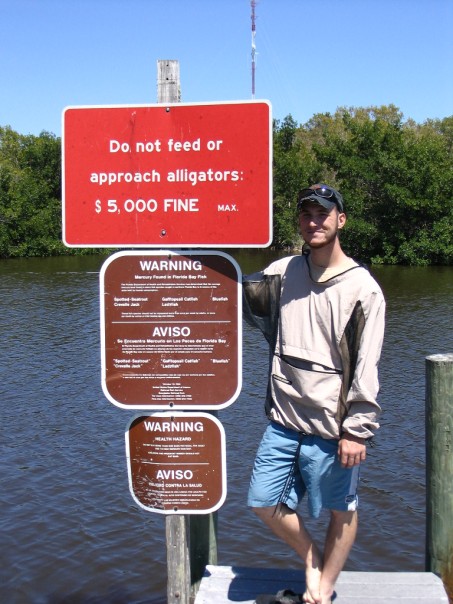
Wed Feb 14, 2:19 PM ET
PARIS (AFP) - European countries must start planning now to cope with climate change, as shifting rain- and snowfall patterns will inflict water stress whose effects will ripple across the social and economic spectrum, the European Environment Agency (EEA) warned.
"Changes in precipitation, combined with rising temperatures and reduced snow cover, will have impacts on water quality and quantity, requiring water managers to incorporate climate change in their planning and investment decisions," the EEA said.
"While uncertainties remain about the level and extent of changes in precipitation in specific locations, enough is known for action."
The new EEA report, Climate Change and Water Adaptation Issues, draws on the latest research on global warming, including the just-published first volume of a global assessment by the UN's Intergovernmental Panel on Climate Change (IPCC).
The IPCC said that by 2100 global average surface temperatures could rise by between 1.1 and 6.4 C (1.98 and 11.52 F) depending on how much carbon dioxide (CO2), the principal greenhouse gas, is in the air.
Within this range, the "best estimate" is Earth's surface temperatures will rise between 1.8 and 4.0 C (3.2 and 7.2 F), the IPCC said. Sea levels would increase by 18 to 59 centimetres (7.1 to 23.2 inches) by 2100.
The EEA said that in Europe, the temperature would rise by between 2.0 (3.6 F) and 6.2 C (11.16 F), with a mean increase of 2.1-4.4 C (3.8-7.9 F). Larger increases could be expected in eastern and southern Europe.
This would affect every country, it said.
"We in Europe need to get our act together on adaptation (to climate change) in the same way that we are leading on mitigation," said EAA Executive Director Jacqueline McGlade. Mitigation is the term for tackling the man-made greenhouse gases that drive global warming.
These are among the potential impacts, according to the EAA report:
-- Annual precipitation in northern Europe is likely to rise by as much as two percent per decade, although summers will be drier. But in southern Europe, there will be a fall in annual precipitation, especially in summer when rainfall will decrease by around five percent.
-- Flooding will become a more frequent risk over all of Europe. Northern Europe will run a higher risk of drought in the summer; southern Europe faces the risk of more droughts in all seasons.
-- Climate change will strongly affect natural habitat and biodiversity.
For example, loss of groundwater may badly affect dunes and wetlands in the Netherlands; streams and lakes in Austria that are fed by glacial meltwater could dry up; and new diseases, pests and species that thrive in an altered climate could threaten native species in Britain.
-- Water supplies for human consumption will also come under severe challenge, because at present, reservoirs and use of groundwater stocks are designed for a long recharge season.
If the recharge season is short, or it provides so much rain in one go that the ground surface saturates and the water cannot infiltrate, this will badly add to stress. Southern Spain, southern Italy, Greece and Turkey are singled out.
The report adds that the cost of these impacts could be very high.
Less rainfall will affect which crops can be grown and the availability of water for coastland tourist resorts and golf courses. It could also lead to worse quality of drinking water. And lower water levels in rivers and waterways will also affect electricity generation by hydropower and impede navigation.
Droughts alone have cost 85 billion euros (110 billion dollars) over the past 30 years in the
European Union (EU), led by 2003, a year that cost 7.5 billion euros (9.75 billion dollars) alone.
This is a big deal, and its an issue that will face humanity in the very near future. In the next 20 years, wars will no longer be fought for oil, or "for freedom and democracy around the world" as our conservative screwheads would have you think, they will be fought for drinking water. Already a large portion of the world's population lives without safe drinking water, and with privatization by big corporations like Pepsi, Coca Cola, and others, much of the water in third world countries like India, is "owned" and the people are unable to access it without paying an arm and a leg for it. Imagine if tap water in America cost the same as a bottle of Evian spring water? Bottled water already costs more than milk or gasoline, and in the future it will not get better. Check out this documentary called Thirst. It is scary.




No comments:
Post a Comment